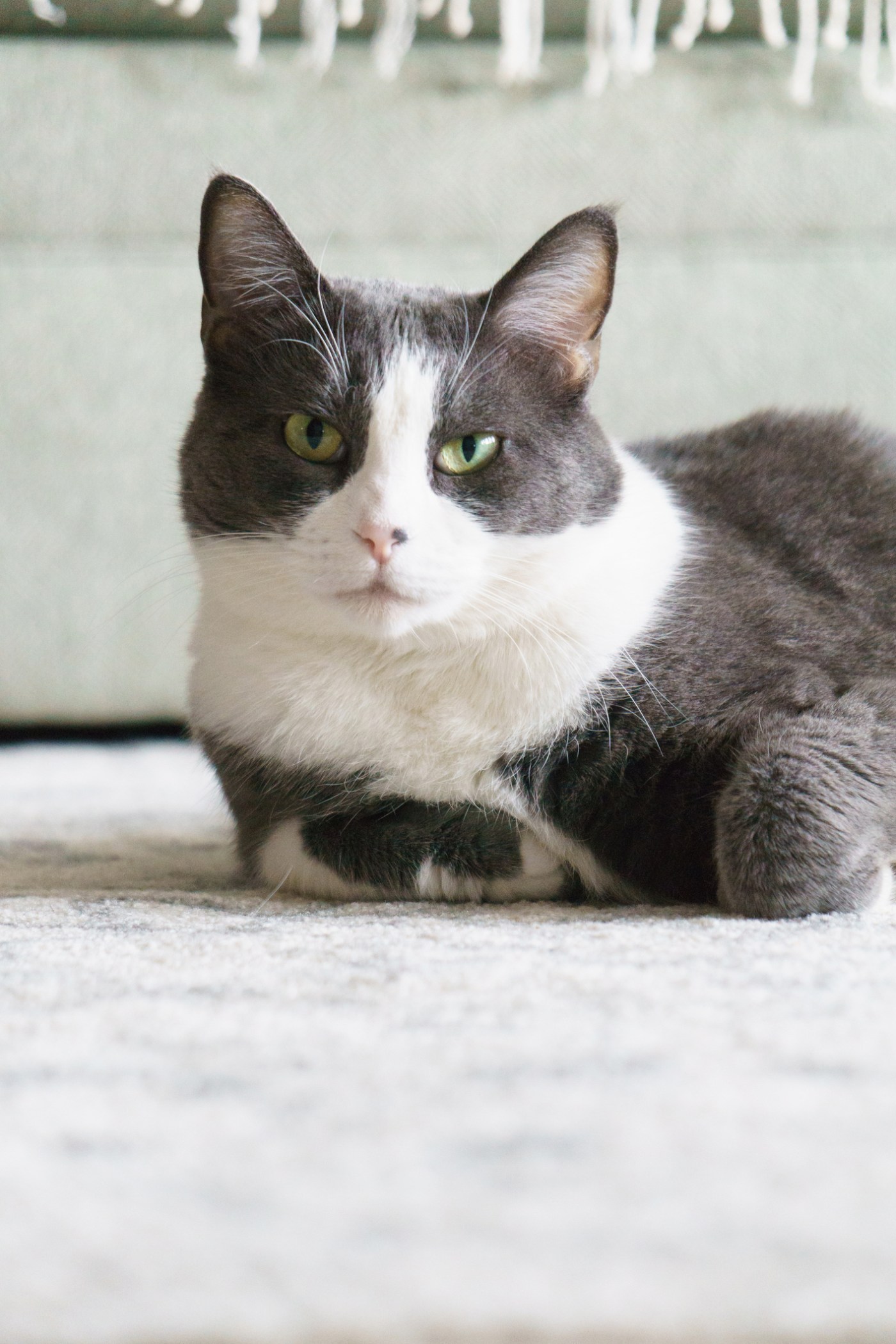A senior cat, nearly 20 years old, is experiencing significant discomfort due to ingrown nails, prompting concerns about potential arthritis. The pet owner, identified as M.C., reported that the cat has begun limping, which led to a closer inspection revealing the ingrown nails on the left front paw. This condition is likely contributing to the cat’s pain and lameness.
Veterinary experts emphasize that preventive care is crucial for older cats. Dr. John de Jong, President of the World Veterinary Association and owner of the Boston Mobile Veterinary Clinic, explains that as cats age, they are more susceptible to conditions such as arthritis and may struggle with self-grooming. This decline in grooming can result in longer nails that risk becoming ingrown, leading to pain and potential infection.
“It is wise to allow a professional to trim the nails properly,” Dr. de Jong advises. He suggests that pet owners ask their veterinarians for guidance on nail maintenance, especially for senior cats. Regular nail trimming can significantly reduce the risk of ingrown nails, which commonly manifest as lameness or excessive licking of the affected paws.
Research indicates that most cats benefit from nail trims approximately every eight weeks; however, for older cats, it may be prudent to check their nails monthly. M.C. expressed concern about the possibility of infection, a valid consideration since ingrown nails can indeed become infected. In such cases, veterinarians often prescribe antibiotics to prevent complications.
Dr. de Jong reassures pet owners that with proper care, their cats can remain comfortable. He emphasizes that monitoring nail length and seeking professional help when necessary is critical for older cats, who may not groom as effectively as they did in their youth.
Pet owners are encouraged to be proactive about nail care as their cats age to avoid painful conditions and ensure their pets’ well-being. For more information, Dr. John de Jong can be reached at 781-899-9994.





































































